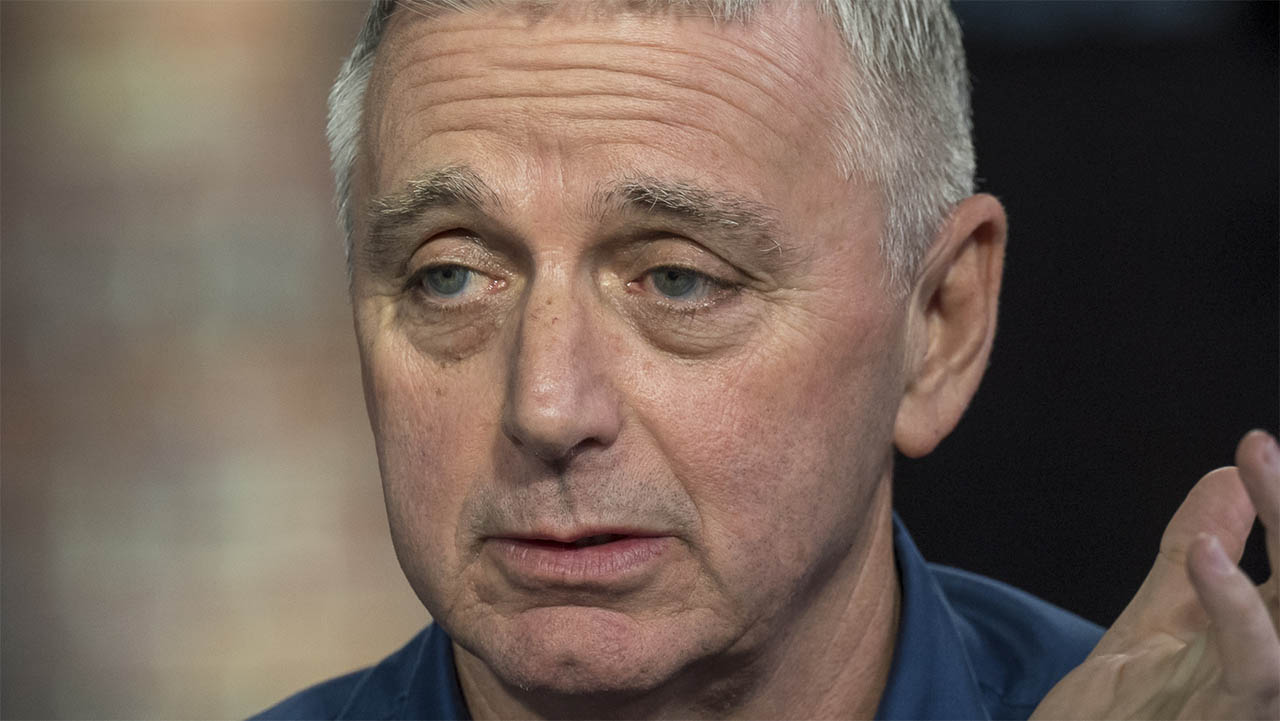
Unity CEO John Riccitiello has announced he’s retiring from the company after nearly a decade, not long after the latest debacle from the company.
The software company, which primarily focuses on their popular Unity Engine, announced Riccitiello’s departure from the company in a big leadership transition. Ex-Red Hat boss James M. Whitehurst will act as interim CEO while the company board seeks new leadership.
Unity came under heavy criticism when they announced changes to Unity Engine licensing, meaning developers would pay exorbitant amounts of money per game install. The immediate blowback led to the company issuing a statement, then doubling down on the new rates, and then apologizing while walking back the new rates entirely.
What’s more, Riccitiello sold over 50,000 shares from Unity over the year leading up to their controversial pricing changes – with some stocks sold as recently as the week before the pricing was announced.
Riccitiello was hired at Unity back in 2014 not long after he left Electronic Arts, and during his tenure he oversaw their shift from a one-time license fee to a subscription model, as well as launching their IPO.
“It’s been a privilege to lead Unity for nearly a decade and serve our employees, customers, developers and partners, all of whom have been instrumental to the Company’s growth,” Riccitiello said. “I look forward to supporting Unity through this transition and following the Company’s future success.”
Whitehurst added, “I am honored to join Unity as Interim CEO and President at this important time in its evolution. With the Company’s experienced leadership and passionate employees, I am confident that Unity is well-positioned to continue enhancing its platform, strengthening its community of customers, developers and partners, and focusing on its growth and profitability goals. I look forward to working closely with the Board and our talented global team to execute on our strategy, and I anticipate a seamless transition.”
Riccitiello got flack a year ago when getting interviewed over smartphone games – when he said developers are “fucking idiots” for not thinking of monetization when developing their games. He quickly walked that statement back while saying it was out of context, only to later apologize entirely. Monetization was also one of his legacies from Electronic Arts, where his tenure led to their focus on live-service games.